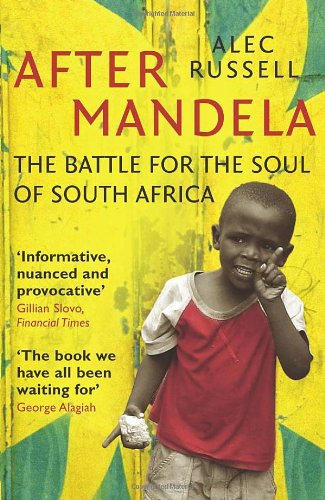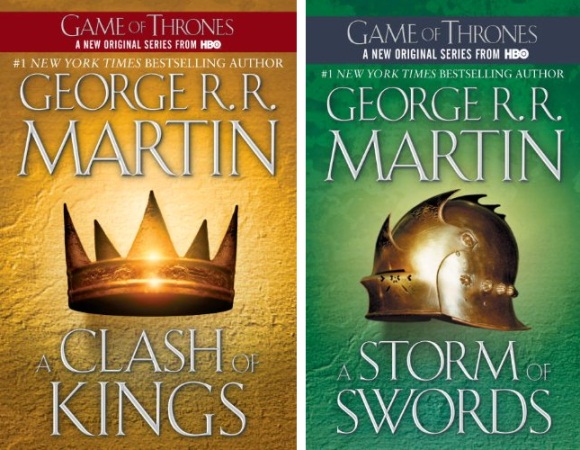En gang vil en av guttene i klassen vise Bjørneboe noe i et Donald-blad, men slike blader er strengt forbudt, og i klassens påsyn kaster læreren bladet i ovnen. Gutten føler seg krenket og ydmyket. Ofte i denne perioden uttaler Bjørneboe seg sterkt om denne nye sjangerens korrumperende makt. Det dreier seg om amerikanskhet, bestialitet og heslighet, men det verste er likevel at seriene virker passiviserende. “Vår materialistiske tid frembringer bare få gode leker,” hadde Steiner slått fast allerede ved århundrets begynnelse.
Bjørneboes synspunkter på tegneserier, radio og film er likevel ikke ualminnelige. De representerer kulturelitens distansering fra den vulgære massen, og en teknologiskeptisk reaksjon på hva de oppfatter som en misforstått demokratisering av kulturen. Kulturen er noe høyere, vanskeligere tilgjengelig og kvalitativt bedre enn den lettfordøyelige lektyren som nå blir servert folket.
- Tore Rem, Sin egen herre, En biografi om Jens Bjørneboe (2009)





